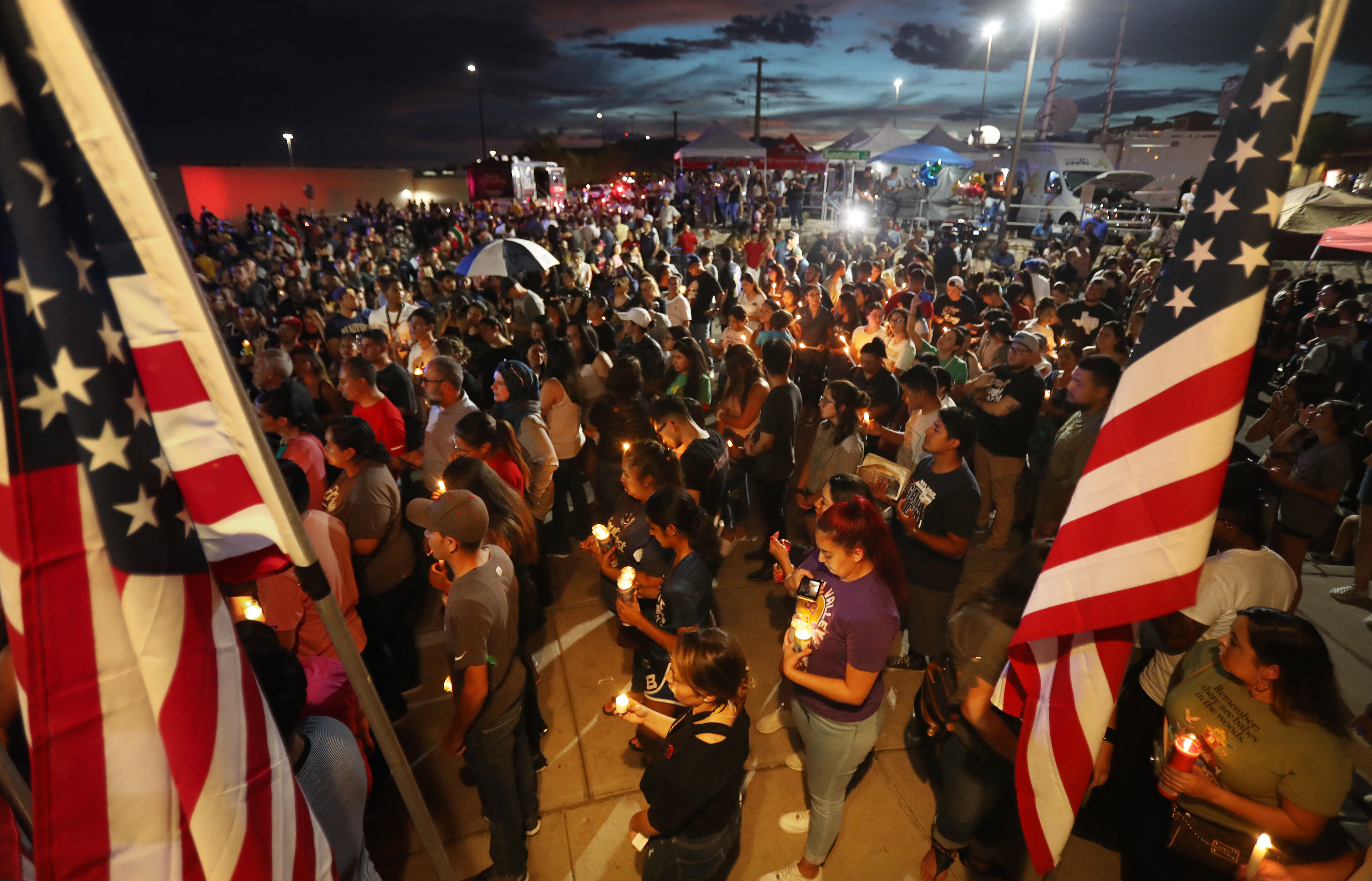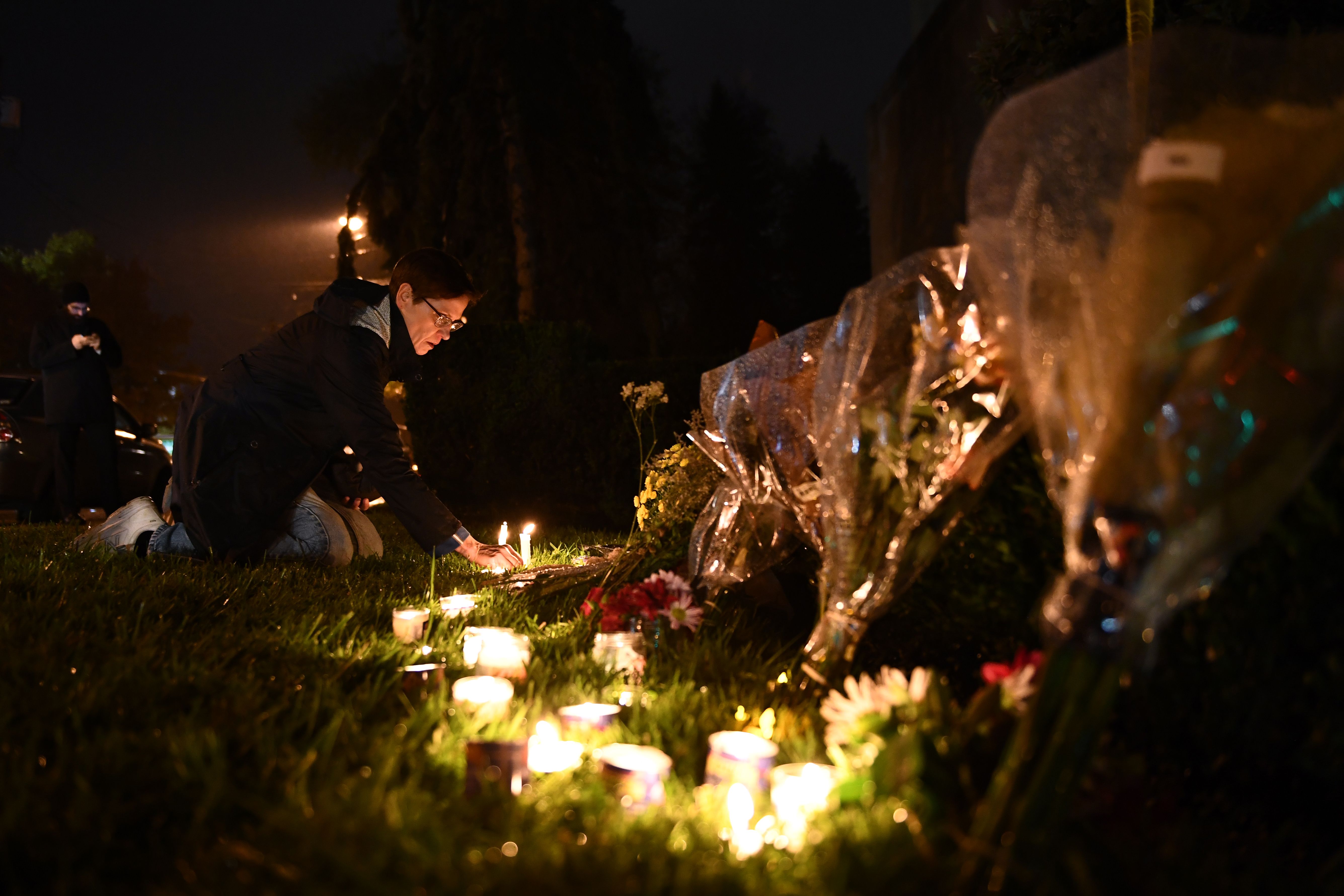Hate crime is a crime committed by an offender because of the victim’s race, ethnic background, religion, or sexual orientation. A hate crime can be directed against an individual or a group. Hate crimes may involve vandalism, assault and battery, intimidation through threats or harassment, or murder.


In the United States, the federal government, nearly all states, and many local governments have passed hate crime laws. These laws make an otherwise regular crime a hate crime—and increase the penalty for it—if the crime has been motivated by prejudice. Hate crime laws differ in the number and kinds of prejudices they cover. For example, until the early 1990’s, some hate crime laws outlawed cross burnings and similar acts. Groups such as the Ku Klux Klan burn crosses to frighten people they dislike. In 1992, the United States Supreme Court ruled unconstitutional a Minnesota law that forbade such behavior. The court ruled that the law violated the U.S. Constitution’s guarantee of freedom of expression.
Hate crime has long occurred worldwide, but the term did not come into widespread use until the late 1900’s. The Canadian government enacted Canada’s first hate crime laws in the 1970’s. In the United States, the first hate crime laws at the local, state, and federal levels were passed during the 1980’s and early 1990’s. In 2017, Dylann Roof, a 22-year-old self-described white supremacist, became the first person in the United States to receive the death penalty for a federal hate-crime conviction. A supremacist is a person who believes that a particular group is superior to other groups. Roof was sentenced to death for killing nine members of a historic Black church in Charleston, South Carolina, in 2015.
